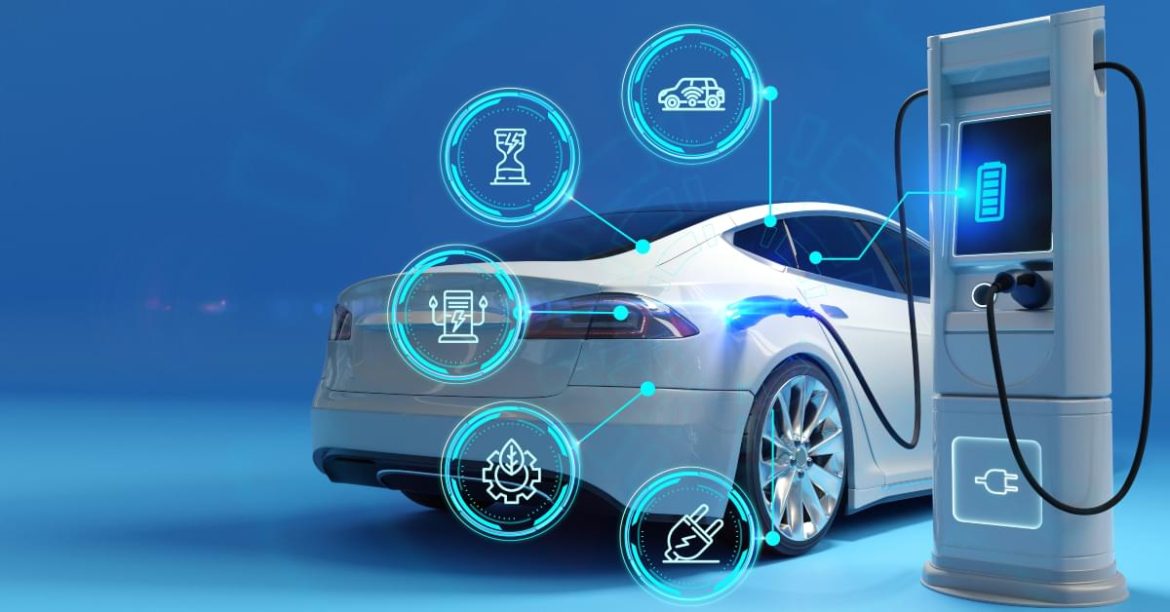
The electric vehicle (EV) market has seen tremendous growth over the past decade, driven by increasing environmental concerns, technological advancements, and changing consumer preferences. As governments worldwide push for cleaner transportation solutions, several companies have emerged as leaders in the EV industry. Here, we delve into the top five EV car companies that are revolutionizing the automotive landscape.
Table of Contents
1. Tesla, Inc.
Overview:
Tesla, Inc., founded in 2003 by Martin Eberhard and Marc Tarpenning, with Elon Musk joining shortly after as chairman of the board, is the most prominent name in the EV market. Headquartered in Palo Alto, California, Tesla has become synonymous with electric vehicles, thanks to its innovative technology, high-performance cars, and visionary leadership under Elon Musk.
Key Models:
- Model S: Known for its luxury, range, and performance, the Model S is a benchmark for electric sedans.
- Model 3: This more affordable model aims to bring electric cars to the masses without compromising on performance.
- Model X: A luxury SUV with advanced features, including falcon-wing doors and high safety ratings.
- Model Y: A compact SUV that combines the practicality of an SUV with the performance and efficiency of an electric car.
- Cybertruck: An all-electric pickup truck with a futuristic design and impressive specs.
Innovation and Impact:
Tesla’s innovation extends beyond cars. The company has made significant strides in battery technology, with its Gigafactories producing batteries at scale to reduce costs and increase production. Tesla’s Autopilot system, a semi-autonomous driving feature, has also set new standards for vehicle automation. Moreover, Tesla’s Supercharger network provides fast and convenient charging, addressing one of the major hurdles for EV adoption.
2. BYD Auto Co., Ltd.
Overview:
BYD Auto, a subsidiary of the Chinese multinational BYD Company Ltd., was established in 2003. Headquartered in Shenzhen, China, BYD is one of the largest EV manufacturers globally, with a strong focus on both electric passenger vehicles and commercial vehicles.
Key Models:
- Han EV: A luxury electric sedan that combines style, performance, and technology.
- Tang EV: An all-electric SUV that offers impressive range and features.
- Qin Plus EV: A compact sedan that provides a cost-effective entry point into the EV market.
- D1: A purpose-built electric vehicle designed for ride-hailing services.
Innovation and Impact:
BYD’s strength lies in its vertical integration, producing everything from batteries to electric buses. The company is a major player in the electric bus market, supplying cities worldwide with clean public transportation options. BYD’s Blade Battery, known for its safety and energy density, is a significant advancement in battery technology. The company’s diverse portfolio and focus on affordability make it a critical player in the global EV market, particularly in China.
3. NIO Inc.
Overview:
Founded in 2014 by William Li, NIO Inc. is a Chinese electric vehicle manufacturer headquartered in Shanghai. NIO focuses on producing high-end electric SUVs and sedans, with a strong emphasis on technology, design, and customer experience.
Key Models:
- ES8: A full-size electric SUV that offers luxury, performance, and advanced features.
- ES6: A mid-size electric SUV that balances performance and affordability.
- EC6: A coupe-style electric SUV that combines sporty design with practical features.
- ET7: A flagship electric sedan that boasts autonomous driving capabilities and long range.
Innovation and Impact:
NIO is known for its innovative battery swapping technology, which allows drivers to exchange their depleted battery for a fully charged one in a matter of minutes. This addresses the issue of long charging times and enhances the convenience of EV ownership. NIO’s user-centric approach is evident in its NIO House concept, providing a community space for customers to interact and engage with the brand. The company’s focus on premium EVs and technological advancements has positioned it as a strong competitor in the global market.
4. Volkswagen Group
Overview:
Volkswagen Group, one of the largest automotive manufacturers globally, has made significant investments in electric vehicles as part of its strategy to become a leader in sustainable mobility. The German automaker is leveraging its extensive resources and expertise to develop a wide range of electric models under various brands.
Key Models:
- ID.3: A compact electric hatchback that offers an affordable entry point into the EV market.
- ID.4: A compact electric SUV that combines practicality, range, and advanced features.
- Audi e-tron: A luxury electric SUV that showcases Audi’s commitment to electrification.
- Porsche Taycan: A high-performance electric sports car that redefines what an electric vehicle can achieve.
Innovation and Impact:
Volkswagen’s MEB platform, a modular electric vehicle architecture, underpins many of its new electric models, allowing for scalable production and cost efficiency. The company’s commitment to electrification is also evident in its plans to establish a comprehensive charging infrastructure, including the Ionity network in Europe. Volkswagen’s ambitious goal to achieve carbon neutrality by 2050 underscores its dedication to sustainable transportation.
5. General Motors (GM)
Overview:
General Motors, an American automotive giant, has embraced electrification with a bold vision for the future. Headquartered in Detroit, Michigan, GM is transitioning from traditional internal combustion engine vehicles to electric models across its brands, including Chevrolet, GMC, and Cadillac.
Key Models:
- Chevrolet Bolt EV: An affordable electric hatchback that offers good range and features.
- GMC Hummer EV: A high-performance electric pickup truck with rugged capabilities.
- Cadillac Lyriq: A luxury electric SUV that combines Cadillac’s signature style with advanced technology.
Innovation and Impact:
GM’s Ultium battery technology is a cornerstone of its electric vehicle strategy, offering flexibility in terms of design and performance. The company’s plans to introduce 30 new electric models by 2025 demonstrate its commitment to leading the EV market. GM’s investment in autonomous driving technology through its subsidiary, Cruise, further highlights its forward-thinking approach. By focusing on a diverse range of electric vehicles, from affordable models to luxury and performance vehicles, GM is well-positioned to capture a broad segment of the market.
Conclusion
The electric vehicle industry is rapidly evolving, with these five companies leading the charge. Tesla’s innovation and market dominance, BYD’s vertical integration and affordability, NIO’s premium offerings and battery swapping technology, Volkswagen’s comprehensive electrification strategy, and GM’s ambitious plans and technological advancements are all contributing to the global shift towards sustainable transportation. As these companies continue to push the boundaries of what’s possible with electric vehicles, the future of the automotive industry looks increasingly electric and exciting.


